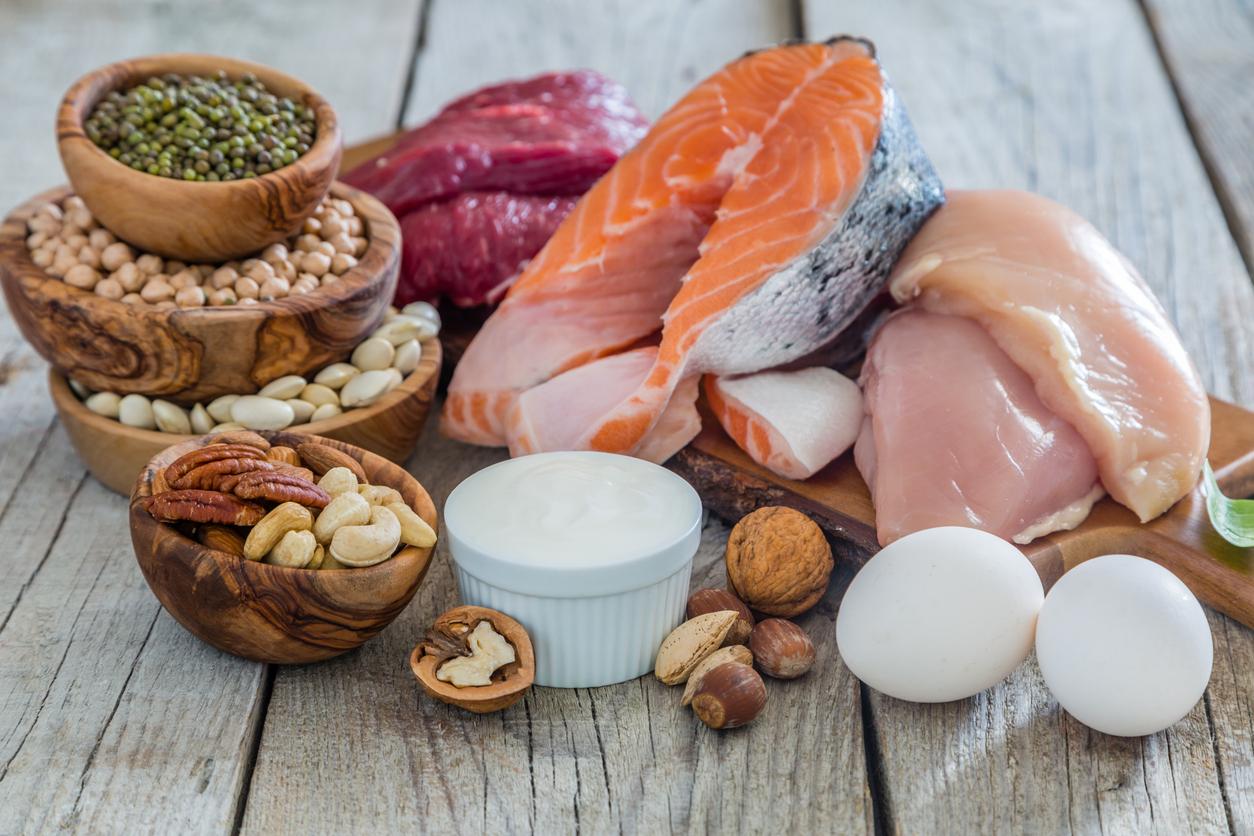Nutrition experts have drawn up a list of ultra-processed foods – therefore not recommended for our health – without us necessarily realizing it.

- Consumption of these foods promotes certain disorders, including cancer.
- Ultra-processed foods are high in salt, sugar, fat and additives.
- Some consumer products are not always clearly identified as ultra-processed foods.
Ultra-processed foods – rich in salt, sugar, fat or even additives – are often criticized by health professionals. A study published in January 2023 confirmed that high consumption of these products increases the risk of developing cancer.
Hamburgers, fries, chips, sodas and even candy are generally considered ultra-processed foods. But be careful, other components of our daily meals also fall into this category. Four nutrition experts from Deakin University (Australia) warn in an article published in The conversation : “There are many packaged foods that we would normally consider healthy that are ultra-processed”. They made a list of the eight least clearly identified foods.
Breakfast cereals
Advertisements for breakfast cereals and drinks often emphasize the healthy and energizing benefits of consuming these products in the morning. But, the authors warn that they are very transformed: “They may contain maltodextrins (assembly of several carbohydrates resulting from the hydrolysis of wheat or corn starch, Editor’s note), processed proteins and fibers as well as colorings.”
For a healthy breakfast, they recommend favoring oats which do not undergo any industrial processing.
Protein bars
A little hungry during the day? Do not eat protein bars. “Despite the healthy hype, many are ultra-processed, containing processed fiber and protein, invert sugars (sugars modified by an industrial process), and non-caloric sweeteners.”warn the authors.
If you’re feeling peckish, choose a handful of almonds or walnuts instead, which are more natural and rich in protein, fiber and omega-3.
Plant “milk”
Plant-based milks are becoming more and more popular. There are different varieties, however, you must be very careful when purchasing. “Many dairy alternatives contain emulsifiers, vegetable gums, and flavorings. Not all brands are ultra-processed, so check the ingredient list. Some soy milks contain only water, soy, oil and salt.”
The bread
The basic bread recipe is simple: flour, water, yeast. However, sometimes other ingredients are included in the composition of the baguette, especially if it is purchased in a supermarket.
“Some packaged breads contain emulsifiers, modified starches (starches modified by industrial methods) and vegetable gums – these are usually the plastic-wrapped, sliced, cheaper breads”specify nutrition experts.
Fresh bread purchased from a bakery may contain salt, but it is rarely ultra-processed.
Yogurts
Natural yogurt is most often healthy, but be careful with flavored products. They are not that natural and often contain additives such as thickeners, non-caloric sweeteners or flavorings.
Prepared sauces
Ready-made sauces may contain thickening agents, flavor enhancers and colorings. Prefer homemade.
“Simple sauces that you can make at home with ingredients like canned tomatoes, vegetables, garlic and herbs are minimally processed”explain the authors.
The cold cuts
In addition to often being high in salt, industrial cold cuts also contain emulsifiers, modified starch, thickeners and added fiber. For sandwiches, for example, nutritionists recommend replacing it with grilled meat or cold chicken.
Margarine
“The way non-dairy margarines and spreads are made (by hydrogenation of vegetable oils) and the additives they contain, such as emulsifiers and colorings, make them an ultra-processed food”detail the Australian experts.
They conclude: “Supermarkets are dominated by ultra-processed foods, so it can be difficult to avoid them completely. And sometimes choices are limited by availability, allergies or food intolerances. We can all make positive changes to our diet by choosing less processed foods.”















